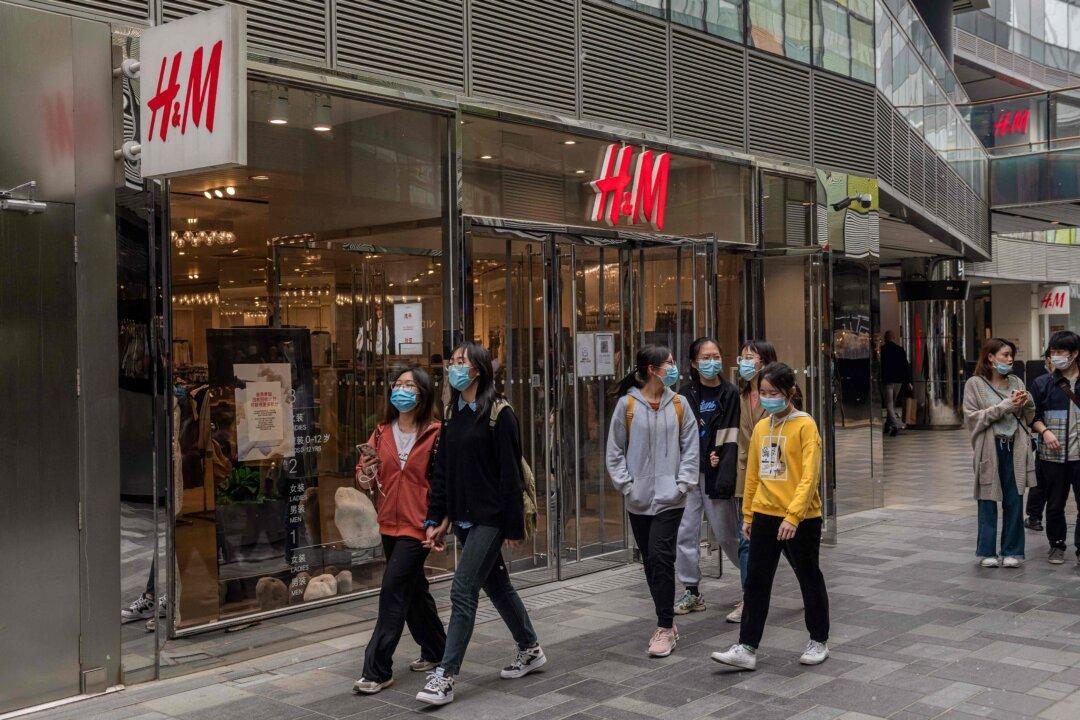Commentary
Foreign companies doing business in China will soon find their operating environment littered with economic roadblocks because of a series of new “anti-foreign sanctions” rules that China’s legislature rushed to pass on June 10.

Foreign companies doing business in China will soon find their operating environment littered with economic roadblocks because of a series of new “anti-foreign sanctions” rules that China’s legislature rushed to pass on June 10.